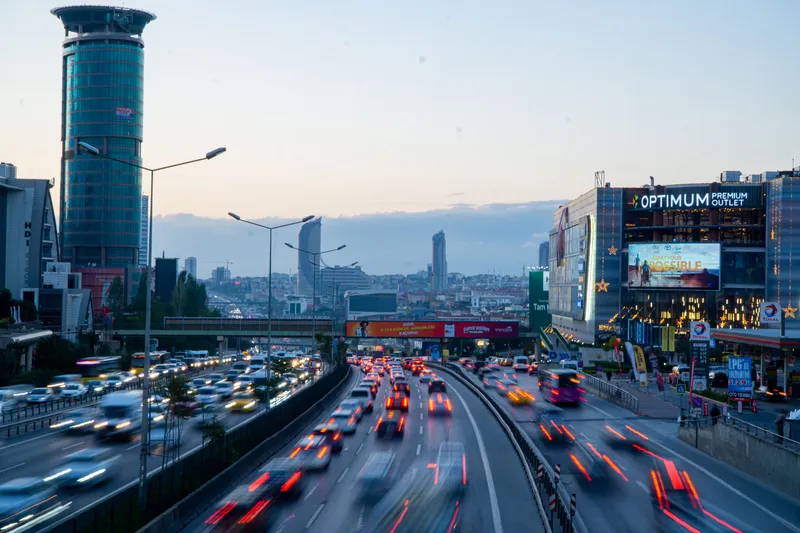The i-CAVE (integrated Cooperative Automated Vehicles) research program, led by Prof. Dr H. Nijmeijer of the Technical University of Eindhoven and funded through a recently awarded grant of US$4.2 million, aims to develop vehicles that can run both autonomously on dedicated roads or cooperatively on public roads. i-CAVE focuses on all important aspects involved in the development of such dual mode systems.
Other participants include Delft University of Technology and University of Twente, 2getthere, DAF
December 1, 2015
Read time: 2 mins
The i-CAVE (integrated Cooperative Automated Vehicles) research program, led by Prof. Dr H. Nijmeijer of the Technical University of Eindhoven and funded through a recently awarded grant of US$4.2 million, aims to develop vehicles that can run both autonomously on dedicated roads or cooperatively on public roads. i-CAVE focuses on all important aspects involved in the development of such dual mode systems.
Other participants include Delft University of Technology and University of Twente,8172 2getthere, DAF, 278 Ford, Segula, 1692 TomTom, Mapscape, 4474 V-Tron, 818 Technolution, Almende, 481 ANWB, ECT, Grontmij, 62 IBM, iCELL, 5460 NXP, SIG, 7087 TNO, Witteveen + Bos, Automotive, the municipalities of Eindhoven and Helmond and the Ministry of Infrastructure and Environment.
It is expected that autonomous vehicles can offer great benefits in the future, but it will take many years before they will be integrated in normal traffic situations. Various governments are participating in this program believing dual mode systems could be the solution for traffic problems, particularly in urban settings.
Within the cooperative vehicle control part of the program, 2getthere will work on the development of platooning - vehicles driving as a virtual train by accelerating and decelerating simultaneously and being able to enter and leave the platoon.
Sjoerd van der Zwaan, CTO of 2getthere, says, “Platooning is difficult to develop. It has been subject of research for years, but an affordable and practical solution is not available yet. And that is the aim of our work within this research project."
Van der Zwaan is enthusiastic with the funds awarded: "The outcome of this research will contribute to our own technology roadmap. Our specific interest in platooning is that it will enable us to improve performance and capacity (in terms of maximum number of passengers per hour per direction). The results of this project will give us insight into the control algorithms to achieve secure and robust implementation of platooning, as well as insight into the sensors and technology needed."
Other participants include Delft University of Technology and University of Twente,
It is expected that autonomous vehicles can offer great benefits in the future, but it will take many years before they will be integrated in normal traffic situations. Various governments are participating in this program believing dual mode systems could be the solution for traffic problems, particularly in urban settings.
Within the cooperative vehicle control part of the program, 2getthere will work on the development of platooning - vehicles driving as a virtual train by accelerating and decelerating simultaneously and being able to enter and leave the platoon.
Sjoerd van der Zwaan, CTO of 2getthere, says, “Platooning is difficult to develop. It has been subject of research for years, but an affordable and practical solution is not available yet. And that is the aim of our work within this research project."
Van der Zwaan is enthusiastic with the funds awarded: "The outcome of this research will contribute to our own technology roadmap. Our specific interest in platooning is that it will enable us to improve performance and capacity (in terms of maximum number of passengers per hour per direction). The results of this project will give us insight into the control algorithms to achieve secure and robust implementation of platooning, as well as insight into the sensors and technology needed."










